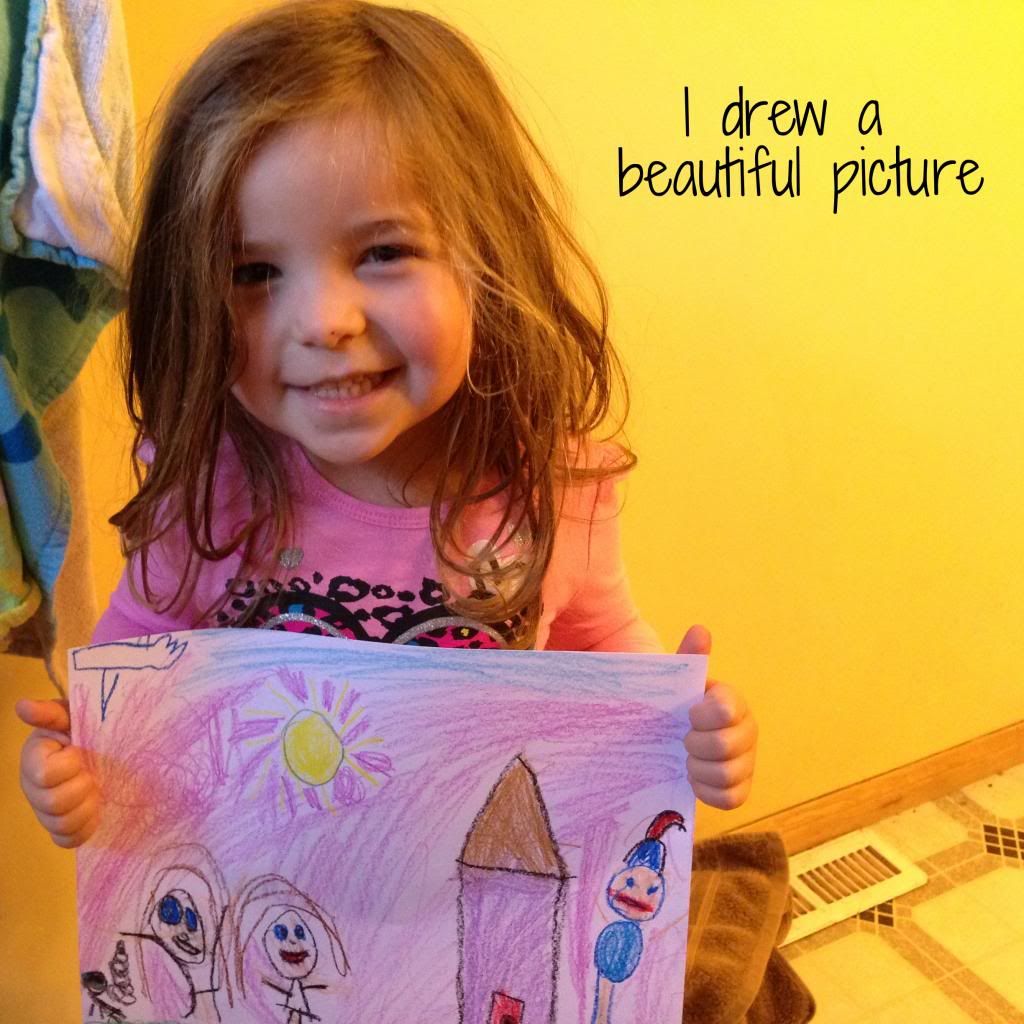I'm in a Yahoo! group for parents of special needs kids. It is a great group, made up only of parents—no professionals, teachers or anyone involved in providing services for special needs kids. The needs vary in type and severity, but the feedback on local providers, school districts and classrooms is invaluable.
But as with any group that is both varied and on the internet, the occasional heated debate arises. The most recent one erupted over a local event about raising siblings of special needs kids. The event is called "I'm Important Too" and the description includes this line: "Living with a child with special needs is tough on families, especially for typically developing siblings who may sometimes feel forgotten or less loved."
Well, this caused quite a bit of outrage. Sure, the group is intended for parents, but how would it feel if you were a child (or adult) with special needs and read that you were "tough to live with?" Not great, I'd guess.
I will speak only for my family now. The truth is that Moe is very tough to live with. He requires constant supervision, is self- injurious and aggressive toward others, including the dog and on occasion his little sister. I cannot count the number of times I've had to tell Jelly "in a minute, Moe needs me right now" or the things we cannot do because Moe's needs make it impossible. These include travel, playdates, eating out or going to the movies as a family, to name just a few. It is not his fault, but it is reality.
Jeff and I are stressed, stretched thin, on constant alert. We do a lot for Moe because we love him, but also because we have to. Make no mistake, we are not heroes in any way. We have no choice.
And it is hard.
I need, and have found, several safe places (including this blog) where I can say that. And as Jelly gets older, she is going to need several safe places to say that too. She is going to need to shout from the god-damn rooftops that living with Moe can be really really fucking hard. I'll even allow the swearing. Because it is, and no good will come from sugar coating that. She needs to know that she is heard too.
She also needs to know that we love Moe despite the fact that it is hard. We love him for who he is. His life has value and brings us great joy. But living with him can be difficult, and she is not a bad person for feeling that way, if she does indeed feel that way. Perhaps she won't.
News broke of another case of a mother who killed herself and her adult autistic child. These cases are heartbreaking. They also bring out the rage of a heartsick disability community, who blame the portrayal of autistic people as "hard to live with," as leading to a mindset that accepts these murders as okay. They believe that the parents and the media make these murders excusable by painting the act as somehow understandable or the autistic person's fault. It is neither, of course.
But I do not believe the answer is to hide the fact that autism can create a terrifying existence for some. I do believe that the media, lawmakers, families, insurance companies, policymakers and autistic self-advocates need to know that keeping these kids safe means keeping their families safe too. It means shouting loud and clear that
for some living with an autistic family member can be hard, even near impossible. So impossible that some parents see no other option but death.
Because there is no safety net. Not for these kids and not for their parents.
Moe is almost seven years old, and he's a small kid. But he's strong and someday he'll be too strong for me to handle. We are working hard to help Moe get the communication skills to tell me why he's mad or frustrated. But if I'm no longer able to keep him safe, or his sister safe, or myself safe, what do we do?
Someday, for one reason or another, Moe will not be able to live with me and Jeff anymore. So tell me. Where will he go?
This is not a rhetorical question, one that I hope to have many years to figure out but one that nevertheless weighs on my mind and doesn't seem to have any good answers. But maybe, if I shout my pain as loud as I can, if I tell everyone that living with an autistic child can be really, really tough, someone might help build those safe places. So we all can be loved and cared for. Moe especially, but the rest of us too. We all have value.
So I say it again. I love Moe with everything I am. But living with him is really hard.
It may be uncomfortable to hear. But it has to be said.
Read also a related post I wrote last September: Making Positive Changes in the Wake of the Stapleton Tragedy












